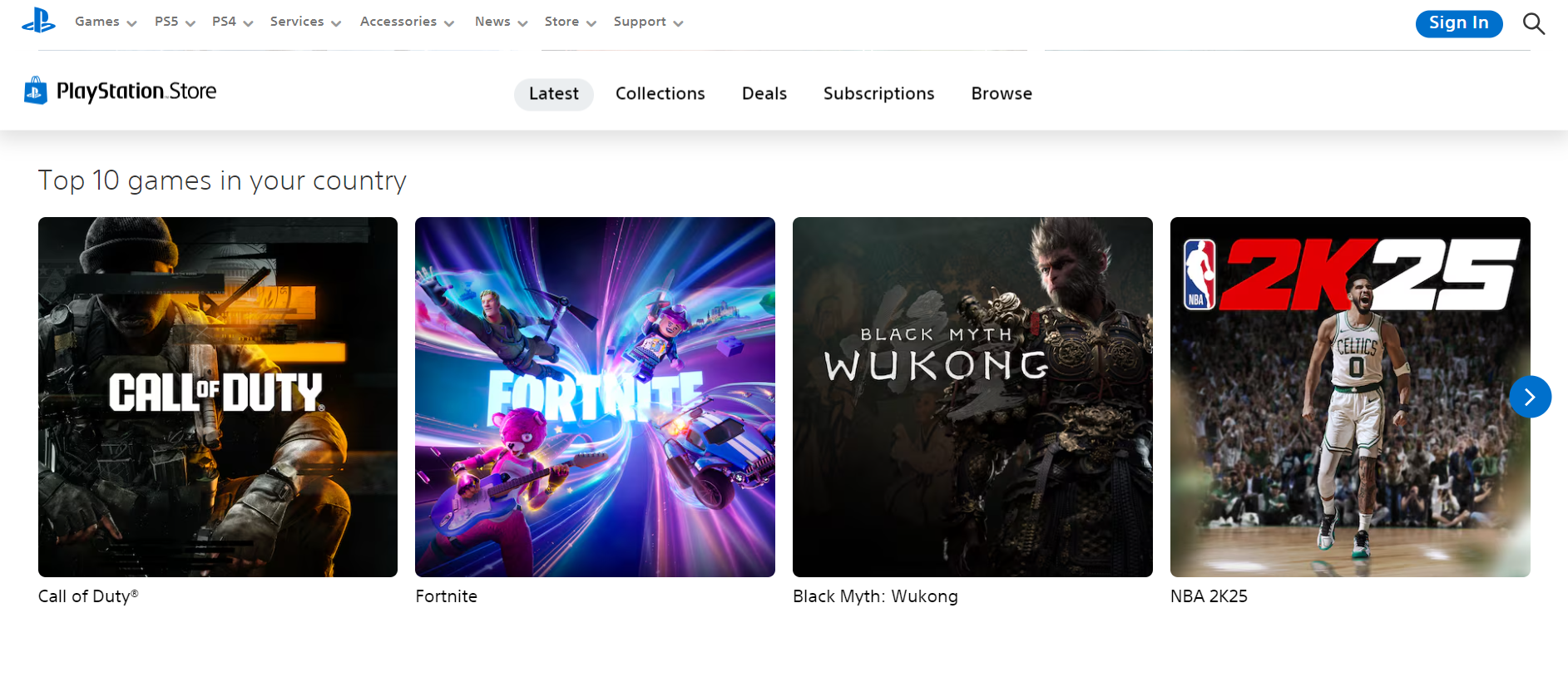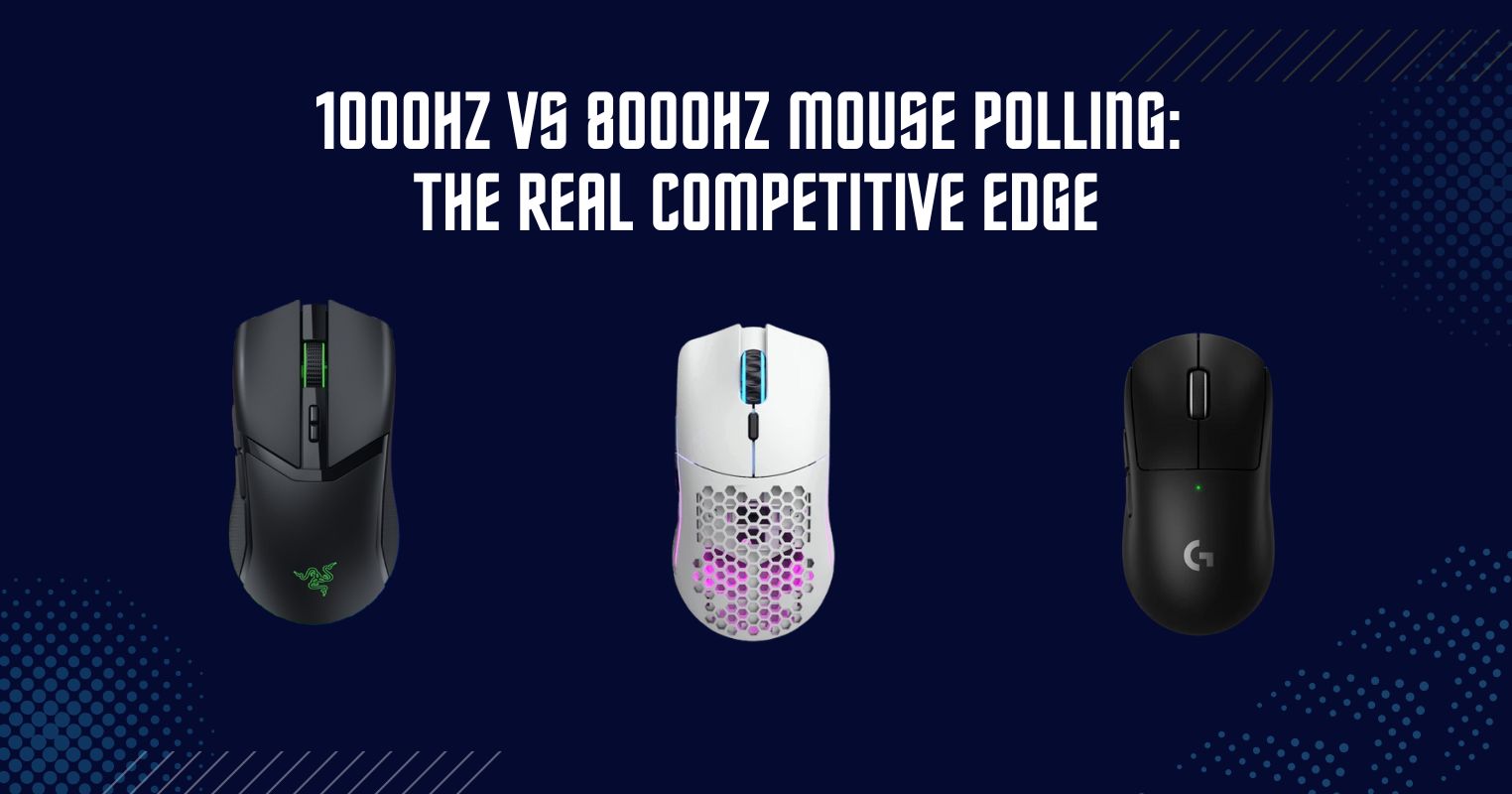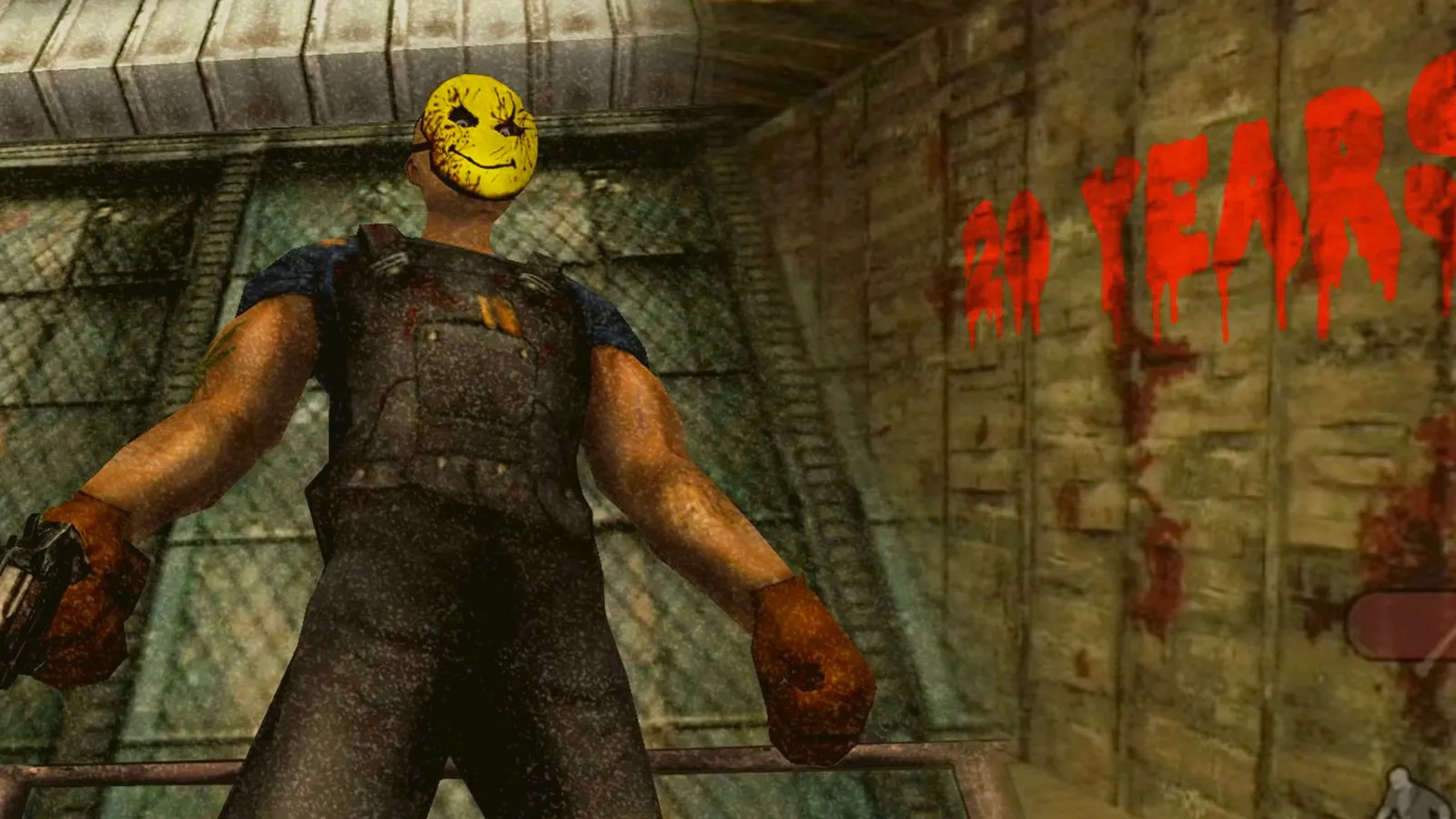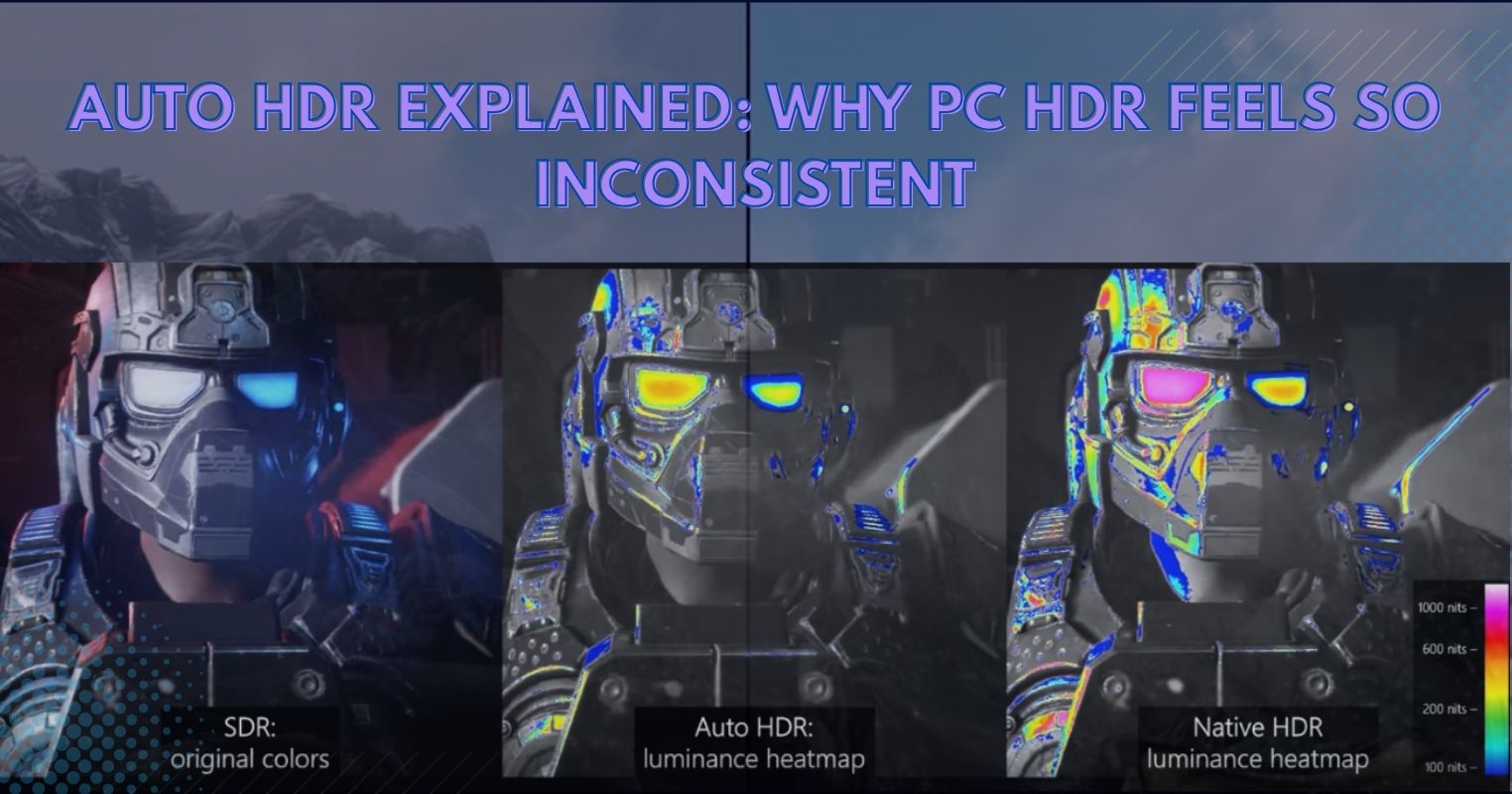- Steam’s algorithm favors games with long playtimes and extensive marketing, limiting visibility for small indie titles.
- Achievements, trading cards, and major promotions are locked behind sales thresholds, further disadvantaging small games.
- Despite these challenges, community support and positive reviews can still help elevate lesser-known titles.
As a long-time Steam user, I’ve found myself continuously drawn to the platform’s vast and diverse library. Steam has undoubtedly revolutionized how we access and enjoy games, offering everything from AAA titles to the most niche indie projects.
Yet, amidst this sea of content, there’s a troubling trend that’s been bothering me: Steam’s smaller games, the hidden gems, indie experiments, and passion projects are increasingly struggling to stay afloat, leaving us questioning whether it is worth developing indie games.

Indie and AA games are more creative and full of potential. But despite their potential, these games often fall through the cracks, overshadowed by the platform’s massive ecosystem. Here’s why I believe Steam struggles with its smallest games.
The Algorithm’s Favoritism
People say Steam’s algorithm prioritizes games that offer long playtime, giving them priority in features like the “Your Friends Are Playing” popup, Discovery Queue, and playtime-based showcases.
The Steam discovery algorithm killed developer sales by favoring popular games and limiting visibility for new or indie titles. Developers argue this prioritizes established franchises, restricting opportunities for smaller games.
Previously, anyone with a creative idea and a $100 submission fee could get their game on Steam. The fee will be refunded once your game earns $1,000 in gross sales on the Steam store.
From personal experience, I’ve often stumbled upon fantastic games entirely by accident, titles like Celeste that, had I not seen a random YouTube recommendation, I might never have discovered.
The algorithm hates small games by heavily favors games with longer development cycles and extensive pre-launch marketing campaigns. If your game doesn’t usually have around 10,000 wishlists before launch or a substantial number of positive reviews shortly after, it’s likely to be buried under other releases.
This approach makes sense from a business standpoint, but smaller games with less exposure are often overlooked. It’s frustrating to think about how many great games remain obscure simply because they don’t fit the algorithm’s criteria for visibility.
Moreover, Every time I log into Steam, I’m flooded with new games, many of them small indie titles. A standout example is Sable, which struggled to stay visible despite its unique art style. This shows how even high-quality small games can get lost in the constant influx of new content.
Steam’s Achievements And Discounts
Steam players love achievements and trading cards so much that they often buy games specifically to earn them. But here’s the catch: Steam doesn’t initially allow new games to offer these features. They must first reach a certain sales or review threshold to unlock them.
In short, you can’t offer trading cards or achievements until you’ve proven your game’s worth. However, it’s difficult to prove your game’s worth without offering features that attract players.

Steam’s sales events are famous for their massive discounts, which attract significant traffic and give visibility to smaller games that might go unnoticed. Daily Deal, a powerful Steam promotion, offers massive exposure.
These promotions can help indie developers reach new audiences who might not consider their games at the total price. One developer offered it after 4.5 years of early access.
However, there’s growing frustration with how some discounts are presented. Substantial discounts are often misleading. Games might appear to have significant markdowns, but in reality, only a portion of the deal is discounted, while other bundled titles receive the bulk of the discount.
This deceptive practice wastes buyers’ time and raises concerns about transparency in advertising. While consumers should demand honesty, constant discounts on small games can also lower the perceived value of indie titles.
Community Support
Despite challenges, Steam’s community features like reviews and forums offer hope for small games. Positive reviews and endorsements from content creators can significantly elevate a game’s visibility. An example is Slay the Spire, which gained popularity through community backing.
As much as I love Steam, it’s clear that the platform has room for improvement in supporting its smallest games. For now, the best thing we, as players, can do is actively seek out and support these hidden gems.
Although Steam’s system can be tough on small games, knowing how it works can help you navigate it better. Using small games to test ideas and improve your skills may increase your chances of creating a successful game on the platform.
Thank you! Please share your positive feedback. 🔋
How could we improve this post? Please Help us. 😔
Moiz Banoori, with a decade of experience in gaming and tech journalism and a degree in journalism, is a notable figure in the industry. He has contributed to various esteemed platforms, showcasing his expertise in both reporting and opinion writing.




